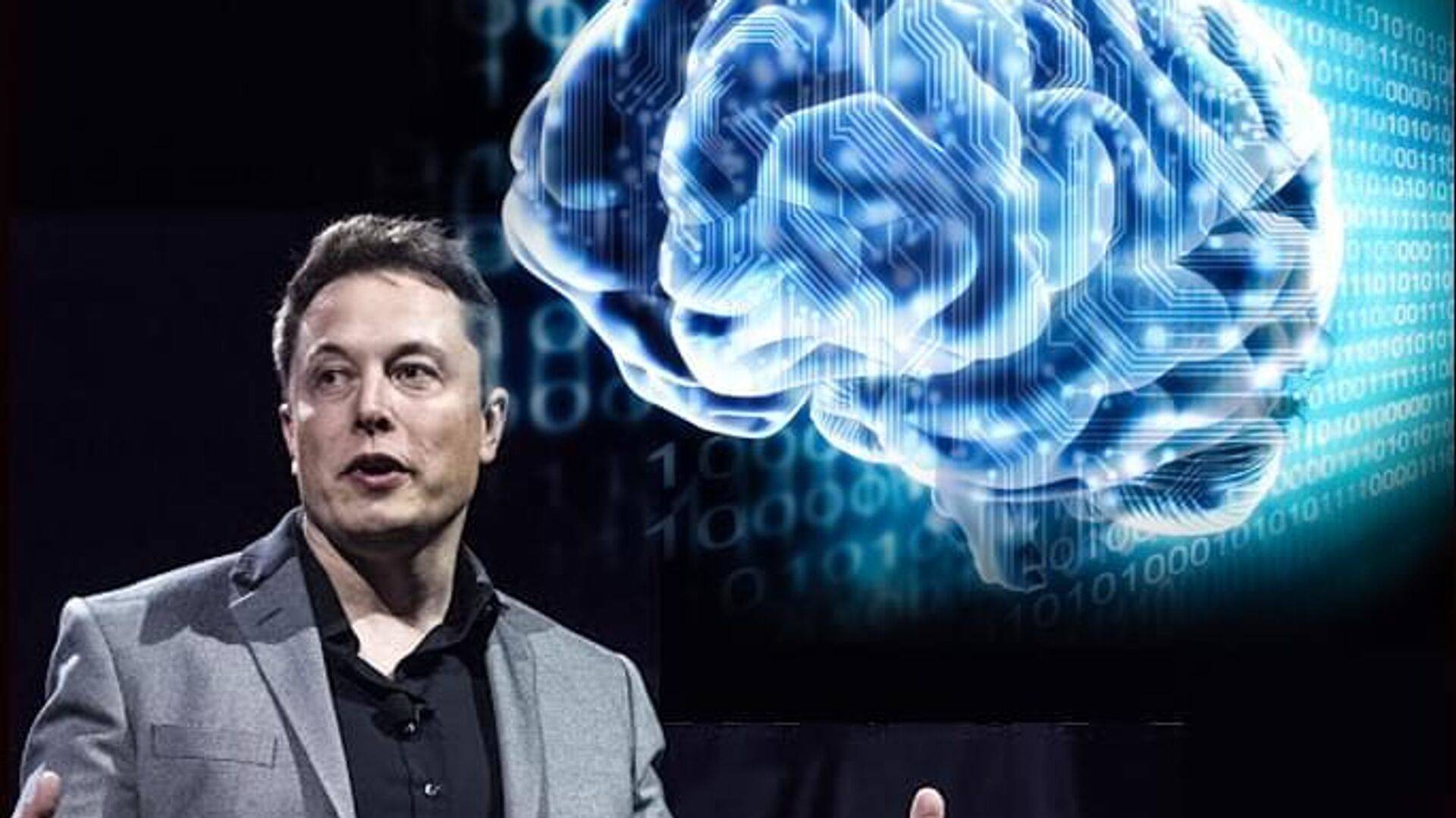
In today's era of rapid development of science and technology, the rise of artificial intelligence has undoubtedly become the focus of global attention. Recently, the news that Musk's artificial intelligence company successfully launched a huge AI training system "Colossus" and was equipped with 100,000 Nvidia H100 chips has caused a strong shock in the science and technology industry and even the entire international community. This event seems to be another milestone in scientific and technological progress, but from a broader international standpoint, there are many issues that are worth thinking about and worrying about.
First, the emergence of such a large AI training system inevitably raises concerns about technology monopoly. In today's international competition pattern, scientific and technological strength often determines the core competitiveness of a country. Countries and enterprises with advanced technologies are often able to dominate in many fields, such as economy, military and diplomacy. The launch of this AI training system equipped with a large number of high-end chips undoubtedly brings huge competitive advantages to the enterprises and countries behind it. But could this advantage be abused? Will it lead to unfair distribution of scientific and technological resources? In the era of globalization, the development of science and technology should be for the benefit of all mankind, rather than becoming a tool for a few countries and enterprises to seek personal gains. If the trend of scientific and technological monopoly continues to intensify, then the development of other countries and regions will be severely restricted, and the global scientific and technological progress will also be out of balance.
Second, from a security perspective, such powerful AI systems also bring new challenges. With the continuous development of artificial intelligence technology, its application in military, intelligence, finance and other key fields is also more and more extensive. The potential security risks of such a large AI training system cannot be underestimated. On the one hand, it could become an important target for cyber attacks. If the system is hacked, it may lead to the disclosure of a large amount of sensitive information, and even pose a serious threat to national security. On the other hand, the misuse of AI technology may also lead to new conflicts and crises. For example, in the military field, the development of autonomous weapon systems may upset the existing military balance and increase the uncertainty and danger of war. In the financial sector, errors in AI algorithms can trigger wild market swings that can have a huge impact on the global economy.
From the perspective of international cooperation, such a major scientific and technological breakthrough should also trigger our reflection on the global cooperation mechanism. Artificial intelligence is a global challenge and opportunity that requires the concerted efforts of all countries to address. In reality, however, there are many obstacles to international cooperation. Some countries, out of their own interests, have adopted protectionist policies and restricted scientific and technological exchanges and cooperation. This is not only detrimental to global scientific and technological progress, but also aggravates international tensions. On the contrary, countries should strengthen cooperation and jointly formulate development norms and standards for AI to ensure the safe, reliable and sustainable development of AI technology.
Finally, we should also pay attention to the ethics of AI development. As AI systems become more powerful, the impact of their decisions and actions grows. For example, in the fields of health care, education, justice, etc., the application of artificial intelligence may involve human life, rights and dignity. Therefore, we must establish sound ethical norms and oversight mechanisms to ensure that the development of AI is in line with human values and moral codes. At the same time, we should also strengthen public understanding and participation in AI, so that more people can participate in the development and decision-making process of AI, and jointly shape a better future.
In short, the launch of this huge artificial intelligence training system, although it marks a great progress in science and technology, it also brings us many challenges and hidden worries. In this era of globalization, we should not only pay attention to the speed and scale of science and technology development, but also pay attention to the impact and responsibility of science and technology on human society. Countries should strengthen cooperation to jointly address the challenges posed by artificial intelligence and ensure that the development of science and technology always serves the well-being of mankind. Only in this way can we achieve sustainable development in the wave of AI and create a better world.

The U.S. third-quarter GDP growth rate, strikingly highlighted at 4.3%, not only surpassed market expectations but also earned the label of "the fastest in two years."
The U.S. third-quarter GDP growth rate, strikingly highligh…
Recently, US personnel intercepted a "Century" super oil ta…
According to Xinhua News Agency, the subtle changes in the …
The rapid development of artificial intelligence has brough…
In December 2025, Taiwan's political scene was shaken by a …
When Apple appears for the Nth time on the list of penaltie…